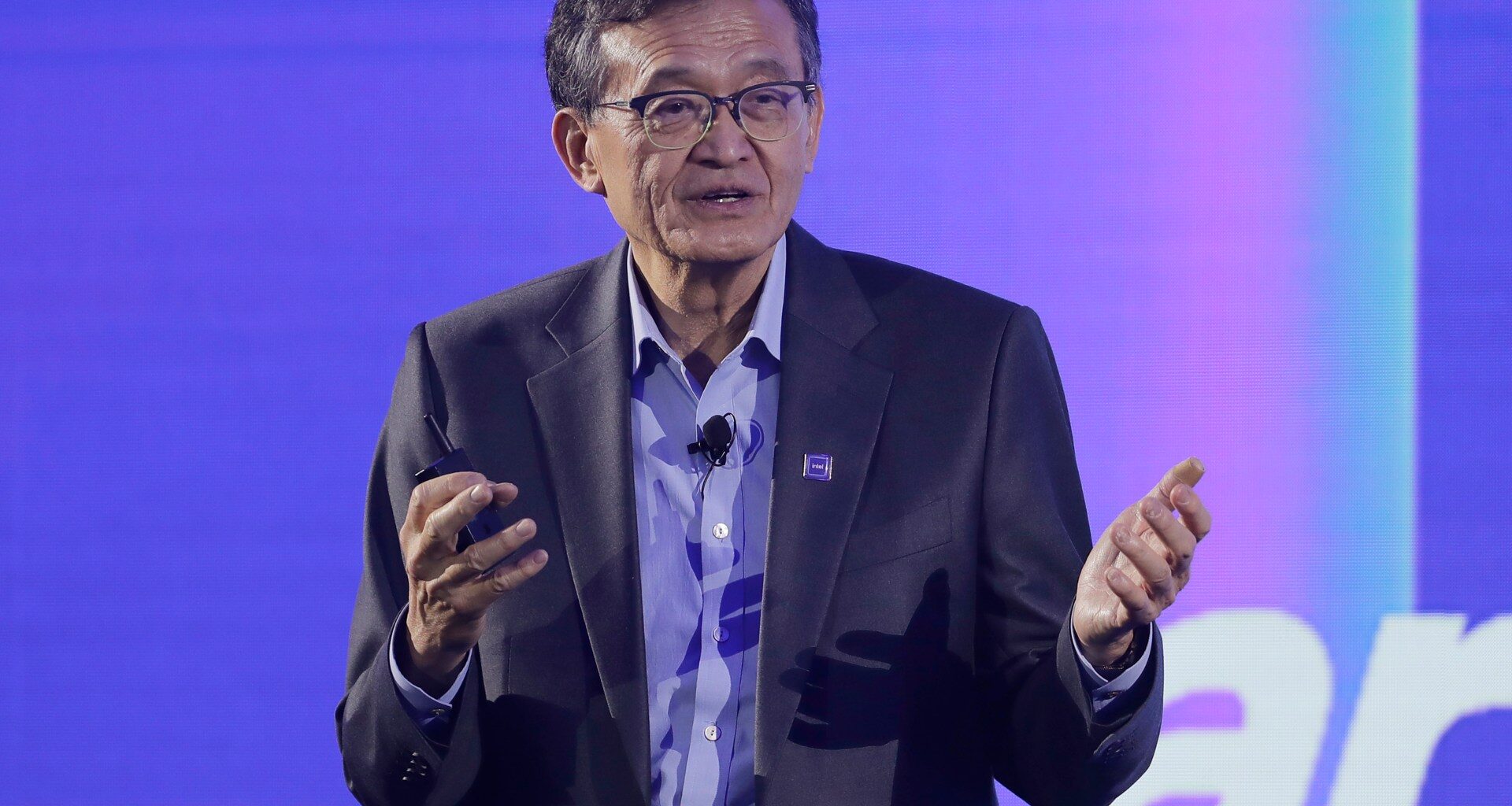US President Donald Trump said last week that Intel’s CEO Lip-Bu Tan was ‘highly conflicted’ because of his ties to Chinese firms.
United States President Donald Trump has said that he met with Intel CEO Lip-Bu Tan, along with US Secretary of Commerce Howard Lutnick and Secretary of the Treasury Scott Bessent, adding that Tan had “an amazing story”.
“The meeting was a very interesting one,” Trump said on Truth Social on Monday. “His success and rise is an amazing story,” he posted, adding that his cabinet members and Tan are going to spend time together and bring suggestions to him during the next week.
Shares of Intel, considered to be at the heart of the US’s domestic chip manufacturing ambitions, rose 2.2 percent in extended trading.
Last week, Trump demanded Tan’s immediate resignation, calling him “highly conflicted” due to his past ties to Chinese firms, comments that raised doubts about Tan’s plans to turn around the struggling US chip icon.
It was a rare instance of a US president publicly calling for a CEO’s removal, and sparked debate among investors.
Tan was expected to have an extensive conversation with Trump while looking to explain his personal and professional background, The Wall Street Journal (WSJ) had reported on Sunday, adding that the CEO could propose ways Intel and the US government could work together.
Tan had hoped to win Trump’s approval by showing his commitment to the US and guaranteeing the importance of keeping Intel’s manufacturing capabilities as a national security issue, the WSJ added.
Tan said he shared the president’s commitment to advancing US national and economic security.
The Reuters news agency reported exclusively in April that Tan invested at least $200m in hundreds of Chinese advanced manufacturing and chip firms, some of which were linked to the Chinese military.
Tan, a Malaysian-born Chinese American business executive, was also the CEO of Cadence Design from 2008 through December 2021, during which time the chip design software maker sold products to a Chinese military university believed to be involved in simulating nuclear explosions.
Last month, Cadence agreed to plead guilty and pay more than $140m to resolve the US charges over the sales.

